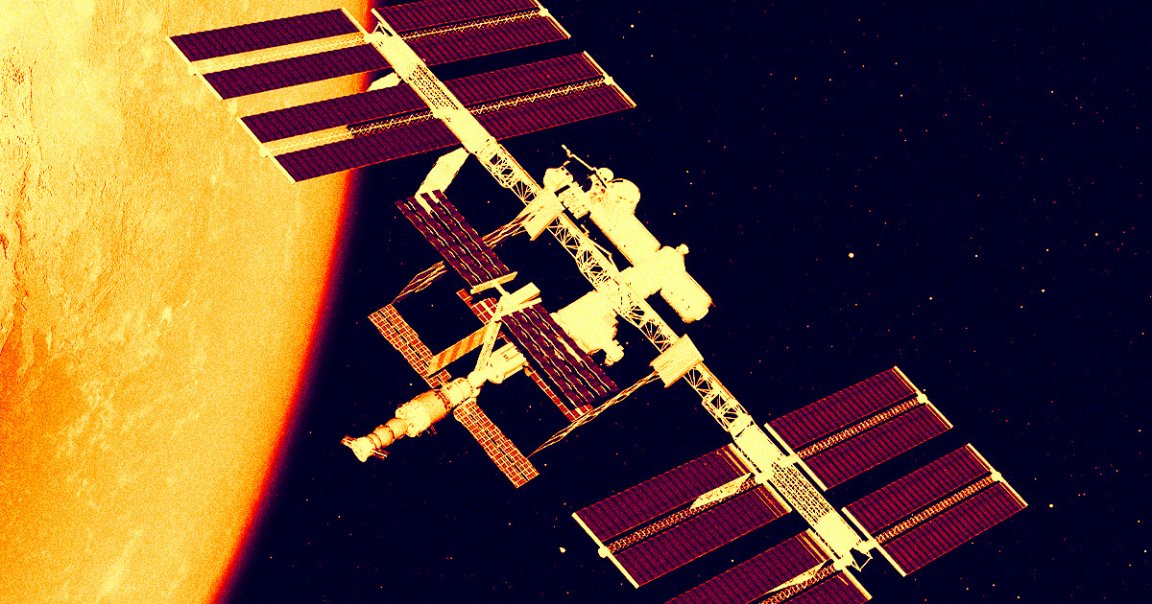
Death Note
The International Space Station is celebrating its 25th birthday — even as NASA prepares to put it out to pasture.
In a live-streamed talk pegged to the quarter-century anniversary of the ISS, the astronauts and cosmonauts aboard the floating habitat took questions about a variety of topics, including the detritus that’s accumulated in the station’s Unity Module, the look of lightning from above the Earth, and the spirit of international cooperation.
But one topic notably didn’t make the list: the station’s projected demise as it careens towards its inevitable end.
Indeed, NASA has quietly been preparing to “retire” the space station — which was only designed to support operations for 15 years but has now gone on for a whole other decade — by the end of 2030.
Sunsetting
While the agency is openly discussing plans to replace the ISS with commercially-owned “destinations,” there’s been relatively little talk about what has to be done between now and then.
And officials are already concerned about the possibility of something going wrong before NASA has a chance to come up with a safe plan to retire the station.
“The day will inevitably come when the station is at the end of its life — and we may not be able to dictate that day — it is inconceivable to allow the station to deorbit in an uncontrolled manner,” explained Patricia Sanders, the chair of NASA’s Aerospace Safety Advisory Panel, during a press conference in late October, as quoted by Space Policy Online.
“[The station] is simply too massive and would pose extreme hazard to populations over a broad area of Earth,” Sanders continued. “This needs to be resourced and resourced now if we are to avert a catastrophe.”
With all the cracks and leaks associated with its extended lifespan, NASA is, per Scientific American, going to have to spend upwards of a billion dollars to safely decommission the ISS so that it doesn’t uncontrollably crash into the Earth below.
For all its wear and tear, there’s a non-zero chance that NASA may look into extending the aging space station’s lifespan should private sector options not be viable in time for its 2030 execution date.
“The timeline is flexible,” Ken Bowersox, NASA’s associate administrator for space operations, said during a conference in early November. “It’s not mandatory that we stop flying the ISS in 2030.”
“But, it is our full intention to switch to new platforms when they’re available,” he added.
More on space travel: Scientists Have Bad News for Astronauts‘ Genitals